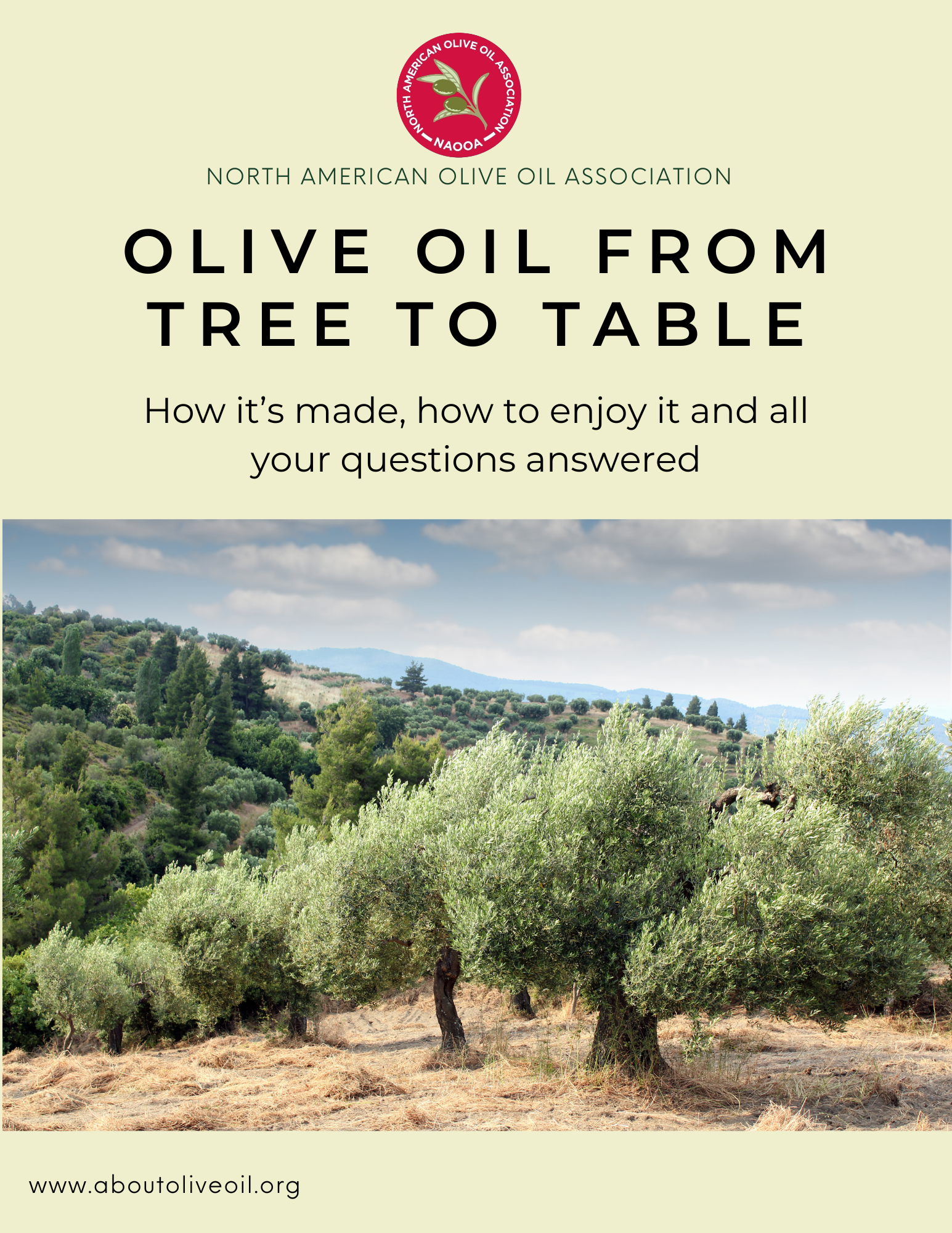In the realm of sustainable agriculture, few crops rival the resilience and eco-friendliness of olive trees. As Earth Day approaches, it's a fitting time to celebrate olive oil as the most sustainable cooking oil available on the market.
Earth Day is celebrated annually on April 22nd to raise awareness about environmental issues and promote actions to protect the planet. It originated in 1970, following a series of environmental crises in the United States, including oil spills, air and water pollution, and habitat destruction. Earth Day serves as a reminder that we all share a responsibility to safeguard the Earth for future generations. By choosing sustainable products like olive oil, individuals can make a positive impact on the environment and contribute to a healthier planet for all.
Olive oil is a great choice for environmentally conscious consumers. Here’s why:
Longevity of Trees: Imagine a tree that has stood the test of time for centuries, bearing witness to the ebb and flow of history. Such is the story of the olive tree. These venerable giants can live for hundreds, even thousands, of years, offering a sustainable source of oil that does not have to be replanted and harvested annually. This longevity not only preserves soil integrity but also fosters biodiversity.
Biodiversity Hotspots: Traditional olive orchards are not just monocultures; they can support vibrant ecosystems. From buzzing bees to chirping birds, these domestic forests support a diverse array of plant and animal species, creating biodiversity hotspots in regions often threatened by habitat loss.
Drought Tolerance: Olive trees are remarkably drought tolerant. They have deep root systems that allow them to access water far underground, making them resilient to dry conditions. This means that olive oil production is less vulnerable to water scarcity compared to other crops, such as soybeans or corn, which require large amounts of water. Even during times of water scarcity, olive trees may produce less fruit, but the trees can survive.
Minimal Pesticide Use: Pesticides have become the norm in modern agriculture. Yet, olive trees have a natural resistance to many pests and diseases, reducing the need for pesticides. This enables a growing number of olive growers to embrace organic farming methods, further minimizing the environmental footprint of olive oil production.
Carbon Sequestration: As champions of carbon sequestration, olive trees play a crucial role in mitigating climate change. Their lush foliage absorbs carbon dioxide from the atmosphere, acting as natural carbon sinks. Furthermore, the practice of intercropping and cover cropping in olive orchards enhances soil carbon storage, making olive oil production a powerful ally in the fight against global warming.
Soil Conservation: Erosion is the silent enemy of agricultural lands, robbing them of their fertility and vitality. Fortunately, olive trees come to the rescue with their deep-reaching roots that anchor the soil and prevent erosion. By practicing conservation tillage methods, olive growers preserve soil structure and health, ensuring the long-term sustainability of their orchards. (Learn more about olive oil's impact on soil conservation.)
GMO-Free: Unlike certain vegetable oils derived from genetically modified crops like soybeans, corn, and canola, olive oil remains untouched by genetic engineering. Olive trees are typically propagated through traditional methods such as grafting, ensuring that the trees' genetic makeup remains natural and unaltered.
Economic Sustainability: Beyond its environmental benefits, olive oil production is a cornerstone of rural economies, supporting small family farms. By supporting sustainable olive oil production, consumers not only enjoy a superior product but also contribute to the preservation of cultural heritage and the livelihoods of local communities.
Desert Greening: Desert greening refers to the practice of introducing vegetation, often through afforestation and reforestation projects, to arid and semi-arid regions to combat desertification and enhance environmental sustainability. Olive trees are favored for desert greening initiatives due to their drought tolerance, deep root systems, and ability to withstand harsh environmental conditions.
Natural Extraction Method: Olive oil's environmental friendliness extends beyond its cultivation to its extraction process. Unlike most other common cooking oils (e.g., canola, soybean, corn, sunflower) which are primarily extracted using chemical solvents such as hexane, olive oil is typically obtained using mechanical methods only, namely pressing or centrifugation. This mechanical extraction process eliminates the need for hazardous petroleum-based solvents, reducing environmental pollution and minimizing any potential consequential health risks for workers and consumers alike from the use of such chemicals.
As we commemorate Earth Day, let us raise a toast to the humble but majestic olive tree, a symbol of resilience, sustainability, and harmony with nature. By choosing olive oil, we not only nourish our bodies but also honor our planet, ensuring a greener, brighter future for generations to come.

-1.jpg)



